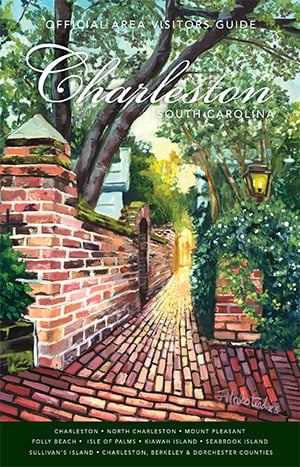MEET CHARLTON SINGLETON
It’s not often that a three-year-old child wanders over to the family piano and “picks out” the tunes played by older siblings during their weekly music lessons, but that’s precisely how Charlton Singleton revealed his innate musical talent.
Raised on the outskirts of Charleston in a tight-knit community, Charlton’s young life was heavily influenced by two forces: church and music. The son of a preacher, Charlton made his stage debut at age four, when he performed “Amazing Grace” at his father’s church. In addition to piano, Charlton’s musical interests included organ, violin, cello, and trumpet.
Described by an early mentor as having “perfect pitch,” Charlton was selected from the best high school musicians across the country to serve as the principal trumpeter with the United States Collegiate Wind Band. The ensemble toured nine European countries and placed the young musicians onstage at some of the world’s best concert halls.
From there, Charlton studied at the Berklee College of Music in Boston and South Carolina State University. He has shared stages with the likes of Hootie and the Blowfish, the O’Jays, Ruby Dee, and Rock and Roll Hall of Fame inductee Jerry Butler, among others.
In 2000, Charlton shared his talents with Charleston’s public schools, where he served as a music teacher and band director. Today, he is the acclaimed Artistic Director and high-energy bandleader for the Charleston Jazz Orchestra.
Want to see Charlton in action? Click here to see for the Jazz Artists of Charleston schedule.
CHARLTON’S CHARLESTON:
What dish defines Lowcountry cuisine?
A steaming bowl of shrimp and grits!
What color is quintessentially Charleston?
Purple. As the son of a preacher, I grew up surrounded by clergymen wearing royal purple. With Charleston being known as the Holy City, I have to say the color purple is imprinted on my memories of the city.
What is your favorite sound of Charleston?
The sound of Charleston for me is definitively—always has been and always will be—jazz syncopated with that distinctive Gullah rhythm.
Favorite way to spend Saturday in Charleston?
My wife and I like to walk around the Marion Square Farmer’s Market and take it all in—the people, the food, the sunny weather… it’s an ideal way to spend the day.
A few of your favorite local restaurants?
When I have the chance, I like to eat at FIG, Charleston Grill, Fish, and Rue de Jean.

CHARLTON’S PLAYLIST:
Summertime
Arguably the most popular song connected with Charleston and the Lowcountry because of Porgy and Bess.
The Charleston
Even though it is about a dance, the title and the lyric “Charleston. Charleston. Made in Carolina.” stands out.
Corner Pocket (Until I Met You)
Written by Charleston native Freddie Green, who played with the Count Basie Orchestra for more than forty-nine years! Jazz is our city’s music. Just look at the history!
Please, Please, Please
My father watched James Brown perform this one song for more than thirty minutes during a show White’s Paradise Riverside Beach, which is now commonly known as Remley’s Point in Charleston. White’s Paradise was known on the “Chitlin’ Circuit” for bringing major artists to town, including Count Basie, Duke Ellington, James Brown, Louis Armstrong, Lionel Hampton, and so many more.
Birks Works
Back in the 1980s, my father took me to see South Carolina native Dizzy Gillespie perform at the Gaillard Municipal Auditorium. I was just starting to play the trumpet, and Dizzy wound up my desire to become a musician.
Shoutin’ Liza Trombone
I believe this is the only known footage of the amazing Jenkins Orphanage band. This clip captures the youngsters performing one of the great “trombone rags” of the 1920s.
…
DID YOU KNOW: In Charleston, jazz played a powerful role in the lives of hundreds of African American youth who lived at Jenkins Orphanage. By 1907, a 30-member band comprised of orphans who performed with donated instruments was touring the East Coast and appearing as far north as Maine. DuBose Heyward included mention of the Jenkins Orphanage Brass Band in his 1925 novel Porgy, the most successful cultural commentary of its time. The influence and impact of Jenkins Orphanage musicians spanned decades and transcended borders.






